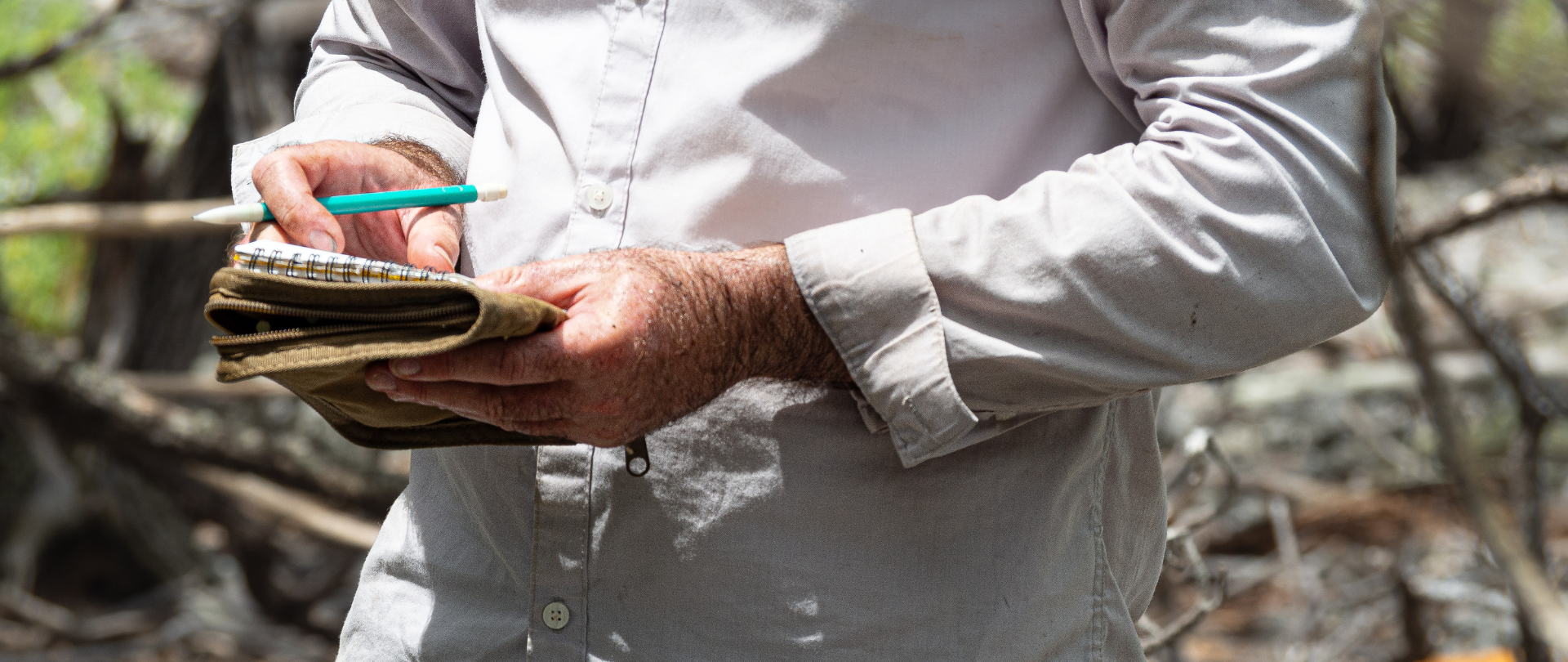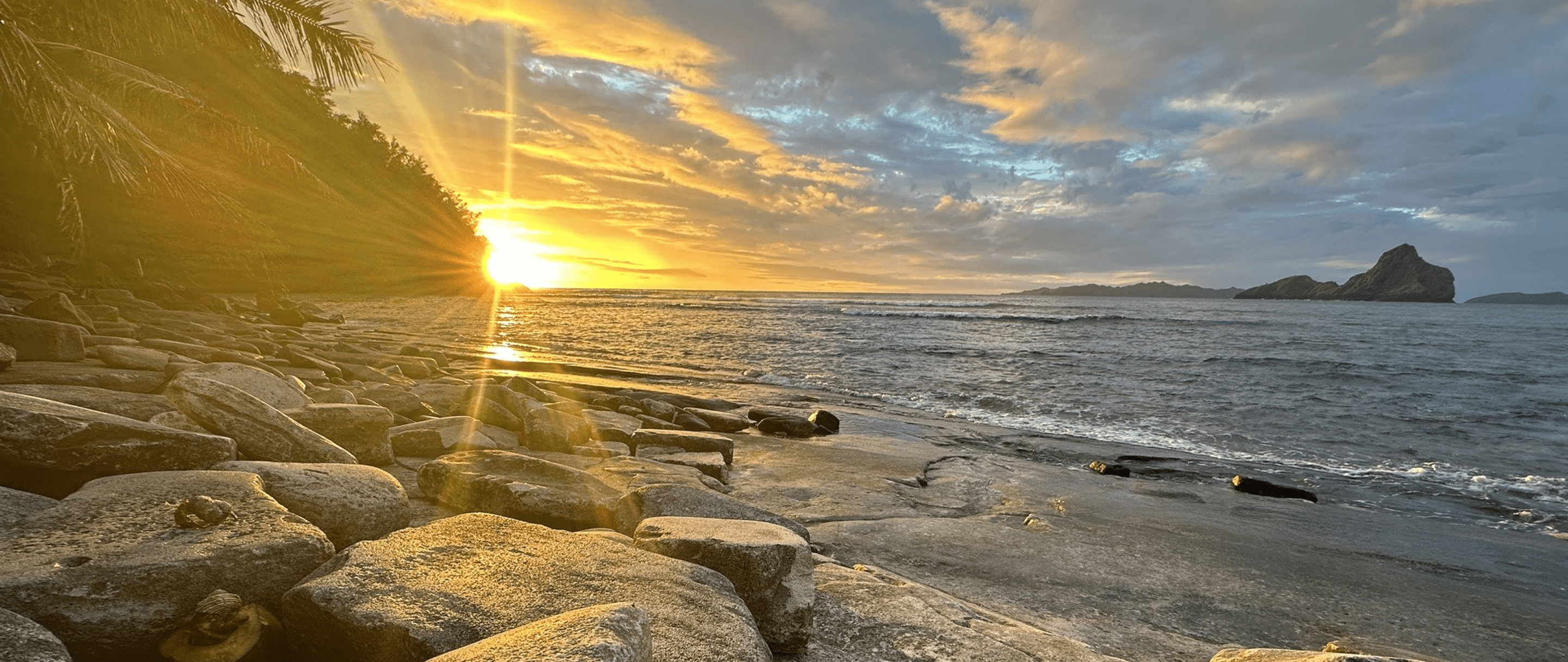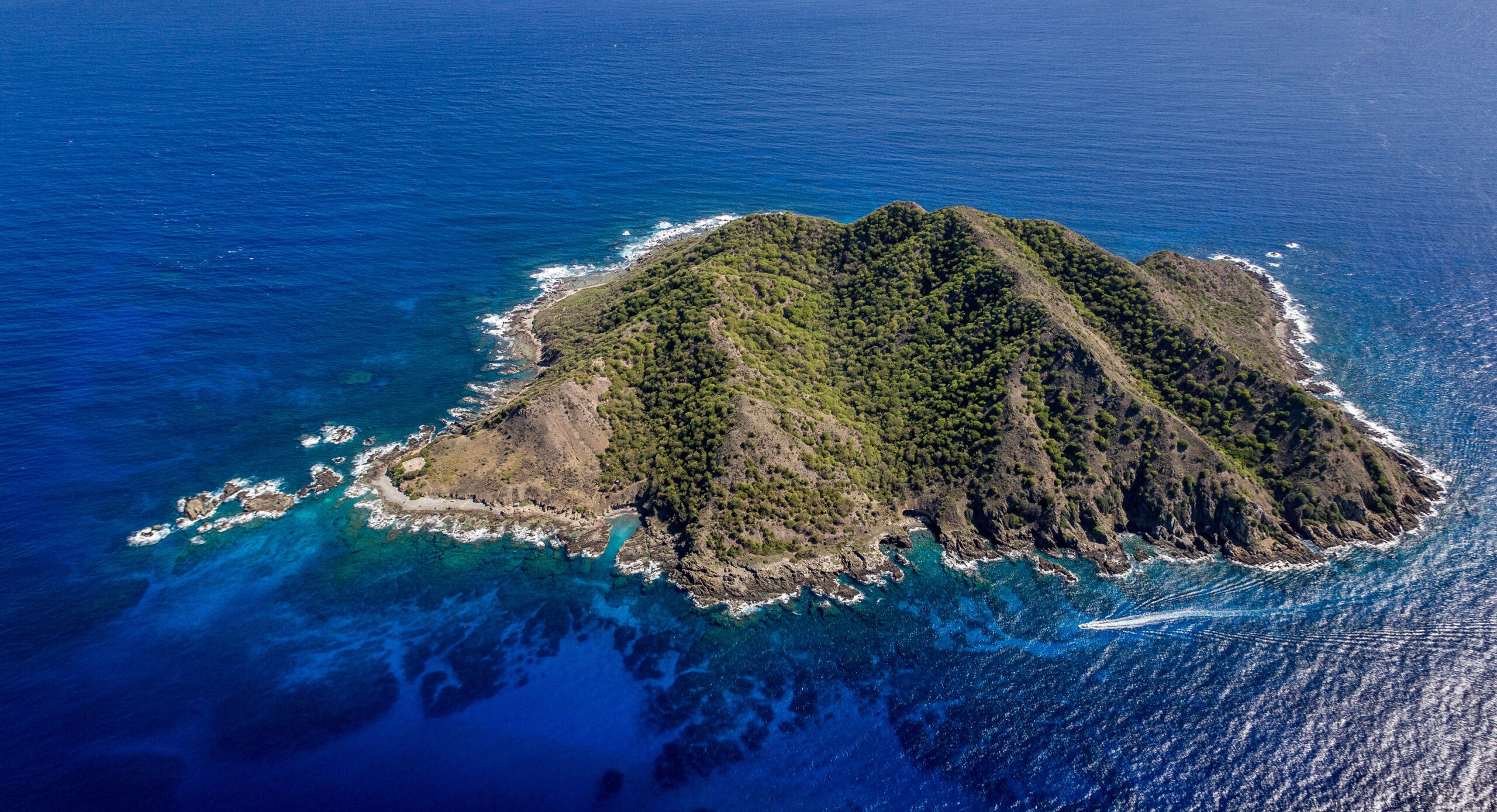New Paper Demonstrates Quality of eDNA Monitoring for Conservation
Groundbreaking research has the potential to transform the way we monitor invasive species on islands!
Our new online shop is live!
Published on
September 26, 2018
Written by
Island Conservation
Photo credit
Island Conservation

CEMEX, S.A.B. de C.V. (‘CEMEX’) (NYSE: CX) announced Tuesday the release of ‘Islands,’ the sixth edition of CEMEX’s celebrated Nature Series. This inspiring and brilliantly illustrated volume continues the more than two-decade tradition of CEMEX’s Conservation Book Series, elegantly underscoring the biodiversity richness of our world’s magnificent islands.
Covering only five percent of the land on our planet, islands are home to an estimated 20 percent of the world’s bird, reptile, and plant species, as well as the most astonishing examples of species’ evolution. Today, however, islands are home to almost 40 percent of all known critically endangered animals, as a result of major threats such as invasive species, habitat loss, and climate change.
Co-founder of Sea Legacy and CEMEX Nature Series editor, Cristina Mittermeier, said:
Working on this book has made it evident to me that ‘As islands go, so goes the planet.’ Isolated and fragile, islands are evolutionary experiments where life has diversified in unique and spectacular ways. Whether we are able to protect the irreplaceable and unique array of species that inhabit our planet’s many islands will be a test for whether or not we can protect the ability of our planet to support life at all.”

‘Islands’ captures the spectacular diversity and singularity of many of our planet’s outstanding islands. Through a combination of impressive photography and brilliant expert commentary, this volume aims to inspire global audiences to appreciate our islands’ many examples of conservation successes and to create awareness of the importance of protecting the natural diversity of these extraordinary places.
‘Congratulations to CEMEX and to the authors of ‘Islands’ for producing this landmark volume, highlighting the remarkable beauty, biodiversity, and cultural richness of the world’s islands,’ said Sir Richard Branson, long-time supporter of conservation efforts.
Islands rightly deserve global attention; as hotspots for biodiversity and extraordinary species, for alarming extinction trends, and for incredible stories of successful conservation interventions. These pages are a tribute to some of the most remarkable places on our planet,’ said Nick Holmes, Director of Science of Island Conservation.

Federico Alfonso Méndez, General Director of Grupo de Ecología y Conservación de Islas, said: ‘Through this book, CEMEX celebrates and recognizes the efforts made by the civil society and the federal government to preserve and restore Mexican islands. These efforts greatly benefit the world’s biodiversity by protecting insular species such as sea birds, which know no borders. This book also celebrates and recognizes the islands in our planet, their extraordinary biodiversity, as well as the men and women from island communities, governments, organizations, and institutions, who work to protect the incalculable island natural heritage.’
For over 25 years, CEMEX has been honoured to work with some of the world’s prestigious conservation organizations, reinforcing the company’s commitment to promote a culture of biodiversity conservation. This year, CEMEX proudly presents ‘Islands’ with its new lead partner, Island Conservation, together with Grupo de Ecología y Conservación de Islas, Global Wildlife Conservation, SeaLegacy, American Bird Conservancy, and long-time partner, the International Union for Conservation of Nature.
‘The 26th edition of our combined CEMEX Nature and Conservation Book Series builds on our tradition of celebrating our planet’s great biodiversity and reinforces our commitment to work hard towards protecting our natural heritage,’ said Fernando A. Gonzalez, CEO of CEMEX. ‘We are deeply grateful to our partners in the development of this volume. Through their admirable work, our message is reaching and inspiring millions.’
To know more about the latest volume of CEMEX Nature Series, ‘Islands, please visit the following link: www.cemexnature.com/libro/islands.
Participants Information
American Bird Conservancy is dedicated to conserving birds and their habitats throughout the Americas. With an emphasis on achieving results and working in partnership, American Bird Conservancy takes on the greatest problems facing birds today, innovating and building on rapid advancements in science to halt extinctions, protect habitats, eliminate threats and build capacity for bird conservation. For more information, please visit: abcbirds.org.
Global Wildlife Conservation (GWC) conserves the diversity of life on Earth by safeguarding wildlands, protecting wildlife and supporting guardians. It maximizes its impact through scientific research, biodiversity exploration, habitat conservation, protected area management, wildlife crime prevention, endangered species recovery, and conservation leadership cultivation. For more information, please visit: www.globalwildlife.org.
Created in 1998, Grupo de Ecología y Conservación de Islas seeks the integral restoration, conservation, and sustainable development of the islands of Mexico. Its activities include interdisciplinary scientific research, the eradication of introduced or exotic mammals, active restoration, environmental education, the development of methods and restoration techniques, public policies, and the management of legal protection schemes. For more information, please visit: www.islas.org.mx.
The international non-profit organization Island Conservation works together with local communities, government management agencies, and conservation organizations on islands with the greatest potential for preventing the extinction of globally threatened species. Since its founding in 1994, Island Conservation and its partners have successfully restored 60 islands worldwide, benefiting 1090 populations of 399 species and subspecies. For more information, please visit: www.islandconservation.org.
SeaLegacy was co-founded in 2014 by Cristina Mittermeier, a pioneer of the modern conservation photography movement, and Paul Nicklen, a renowned National Geographic polar photographer. SeaLegacy gathers some of the most experienced photographers, filmmakers and storytellers working on behalf of our oceans. For more information, please visit: www.sealegacy.org.
The International Union for the Conservation of Nature (IUCN) has a long-established history as the world’s most comprehensive information source on global conservation. Beyond the protection of endangered species, it seeks to mobilize people, communities, governments, and private actors to use the potential power of nature to address challenges in fields such as climate change, food security and social and economic development. For more information, please visit: www.iucn.org.
CEMEX is a global building materials company that provides high-quality products and reliable services to customers and communities in more than 50 countries. CEMEX has a rich history of improving the well-being of those it serves through innovative building solutions, efficiency advancements, and efforts to promote a sustainable future. For more information, please visit: www.cemex.com.
Originally published by CEMEX
Featured photo: Atoll Fruit Dove. Credit: Caroline Blanvillain/Island Conservation
Check out other journal entries we think you might be interested in.

Groundbreaking research has the potential to transform the way we monitor invasive species on islands!

Ann Singeo, founder of our partner organization the Ebiil Society, shares her vision for a thriving Palau and a flourishing world of indigenous science!

This historic agreement aims to protect the marine and coastal areas of the Southeast Pacific.

Our projects to restore key islets in Nukufetau Atoll forecast climate resilience and community benefits in Tuvalu!

Endangered Polynesian storm-petrels returning to Kamaka Island, French Polynesia within one month of social attraction tools being deployed. Polynesian storm-petrels have not been recorded on Kamaka Island for over 100 years due to invasive rats. These seabirds are able…

Our new branding and website support our vision of a world filled with vibrant biodiversity, resilient oceans, and thriving island communities!

Audubon's Shearwaters are nesting on Desecheo Island for the first time ever! Read about how we used social attraction to bring them home.

Island Conservation and partners have published a new paper quantifying ecosystem resilience on restored islands!

Climate Week NYC: what is it and why is it important? Read on to find out why Island Conservation is attending this amazing event!

With sea levels on the rise, how are the coastlines of islands transforming? Read on to find out how dynamic islands really are!